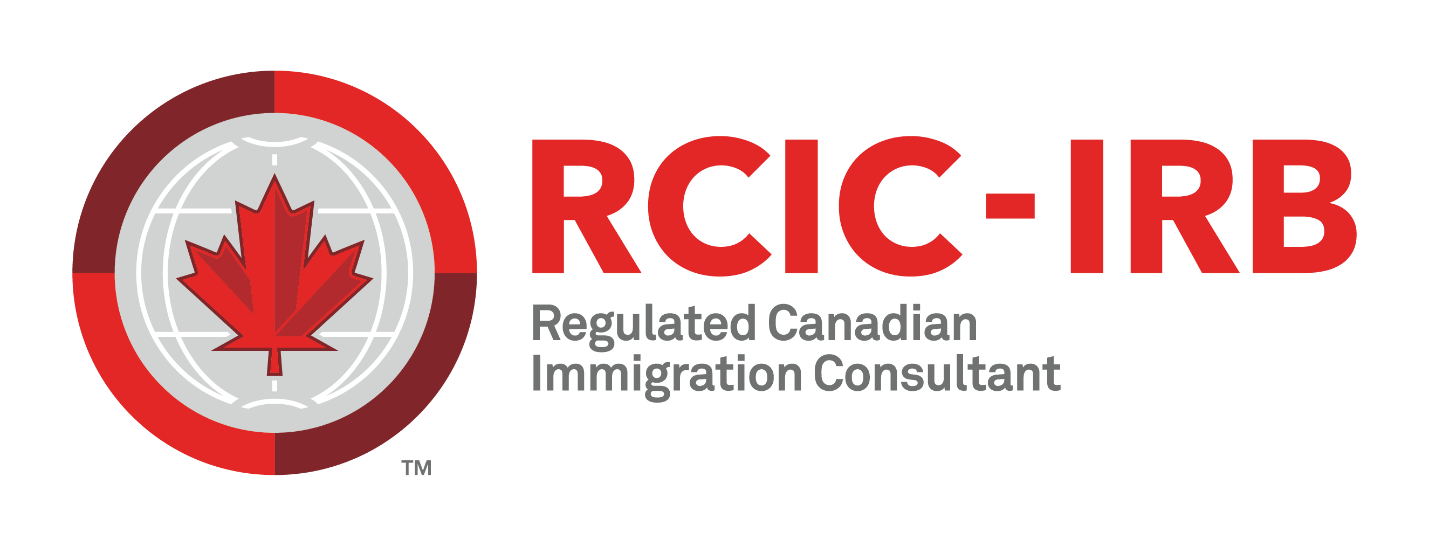Manitoba’s provincial immigration program is comprised of streams designed to nominate skilled workers and their families who wish to work and live in the province permanently. The MPNP is currently undergoing renewal.
Located between the provinces of Ontario and Saskatchewan, the province of Manitoba is in many ways the gateway to western Canada.
Manitoba was first province to launch a Provincial Nominee Program (PNP) in 1998. As a small province with few newcomers, it needed the PNP to promote itself as a destination of choice to skilled immigrants. Since then, Manitoba has been a tremendous immigration success story. Thanks to the Manitoba PNP, immigration has played a major role in Manitoba’s population, labour force, and economic growth.
The Manitoba Provincial Nominee Program (MPNP) was Canada’s first PNP. It became a permanent immigration program in 1998.
The program launched to help grow the province’s economy through immigration, based on their economic and labour market needs.
In its first year, the MPNP welcomed 418 new immigrants. Today, the province nominates more than 5,000 new immigrants through the program per year.
Manitoba has been very successful with the MPNP. In fact, without it, Manitoba’s GDP would be up to 30 per cent lower.
Manitoba is also popular among newcomers. Having a friend or relative in Manitoba helps you to immigrate through the MPNP. In addition, over 90 per cent of provincial nominees get a job in their first year. The province’s retention rate is high with almost 90 per cent choose to stay in the province.
Some of the province’s immigration streams are base streams and others are enhanced streams.
Enhanced means that the stream is aligned with the Express Entry system. This is the system that the federal government uses to manage permanent residence applications through the country’s three main economic class immigration programs.
The Express Entry system gives a candidate a point score based on the Comprehensive Ranking System (CRS). The highest-ranking candidates are invited to apply for permanent residence.
If you get a nomination from a provincial program that is enhanced, you get an extra 600 CRS points, practically guaranteeing getting an Invitation to Apply (ITA) for permanent residence. They also get their nomination through their Express Entry profile.
Base streams are streams that are not aligned with the Express Entry systems. Candidates who get a provincial nomination are required to apply directly to Immigration, Refugees and Citizenship Canada (IRCC).
Manitoba Immigration Streams:
If you wish to immigrate to Manitoba, then you have five options to choose from:
- Skilled Worker in Manitoba Stream;
- Skilled Worker Overseas Stream;
- Manitoba Business Investor Stream;
- International Education Stream;
- Morden Community Driven Initiative.
The Skilled Worker in Manitoba Stream is for qualified temporary foreign workers and international student graduates who are currently employed in Manitoba and have been offered a permanent, full-time job with a Manitoba employer.
The Skilled Worker Overseas Stream is for qualified skilled workers who may be outside of Canada but who can demonstrate a strong connection to the province. A skilled worker who is already in Canada may also be eligible for this category.
The Manitoba Business Investor Stream is for applicants who are seeking to establish a business in Manitoba.
The International Education Stream is for international graduates who graduated from a Manitoba post-secondary institution who wish to stay in Manitoba permanently.
The Morden Community Driven Initiative is for welders, carpenters, cooks, plumbers and pipefitters who wish to establish themselves in the rural town of Morden.
Skilled Worker in Manitoba Stream
The Skilled Worker in Manitoba Stream consists of two pathways:
Manitoba Work Experience Pathway
This pathway is for people currently working in Manitoba with a temporary work permit. This includes temporary workers and international graduates of Canadian post-secondary institutions.













